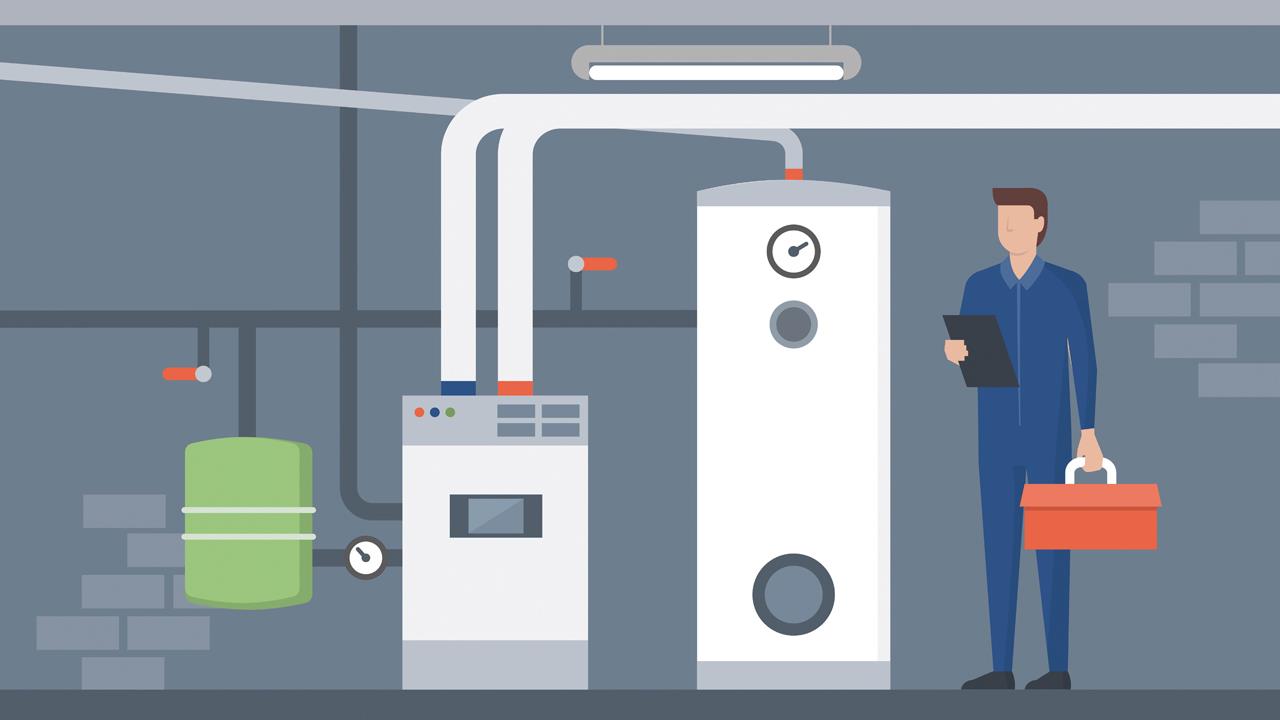


Isaac Occhipinti, Head of External Affairs at the Hot Water Association, takes a look at how hot water storage systems can work alongside all available energy sources, as well as the choices available.
Heating our homes accounts for 46% of UK energy use, so it is no surprise that homeowners are giving more and more consideration to their heating and hot water systems.
In fact, 52% of UK homeowners surveyed in the latest Department for Business, Energy and Industrial Strategy Public Attitudes Tracker have renewable heating systems on their radar.
Homeowners are of course still relying on their trusted heating engineers to provide advice and guidance on the best heating system for their needs. The Public Attitudes Tracker also affirmed this by naming heating engineers as the top source of trusted advice by consumers, when installing or replacing their heating systems.
So, we know that homeowners are giving greater thought to their heating systems and we also know that they rely on engineers to provide them with the necessary information to be able to make their choice.
Despite this, the domestic hot water tank often escapes attention, even though we believe it has a big role to play in the energy efficiency and comfort of our homes. The
Hot Water Association (HWA) is working to educate installers and homeowners on the key considerations for water heating within any heating system, whether renewable or conventional.
Regardless of the primary fuel of choice, now and in the future, the stored hot water cylinder is a constant common factor. Why? Because hot water storage is fuel neutral – systems exist that can utilise all major fuel sources.
Homeowners who are interested in installing heat pumps, solar thermal, or micro-CHP technologies, or communities who are to become part of a heat network, will all need a hot water storage cylinder and the space for one.
Storage of some sort is necessary to harvest renewable energy, and hot water and thermal storage are the only practical solutions to turning the energy produced into something useful and banking it for when it needs to be used.
Water storage cylinders act as the heart of an alternative energy system – there are cylinders designed for use with one energy source available, as well as products which can take input from multiple heat sources including solar panels, biomass, heat pumps, and other uncontrolled heat sources.
Be it a thermal store or hot water cylinder, whether for hot water only or in conjunction with space heating, putting a mix of useful energy into a hot water storage unit can reap benefits all year round.
There are many types of these products available, from those with single coils for use with one heat source, to twin coils for dual heat source, tank in tank technology, or heat exchanger plates. The choices don’t end there, including:
One key consideration when choosing a hot water storage system is space. Space in UK homes today is at a premium. Homeowners who have removed their hot water storage system have since reused the space for something else, and many newbuild properties aren’t constructed with adequate space to install even a small hot water cylinder within the house.
Homeowners should be advised that the insulation levels of the latest cylinder models mean they are just as happy sited in the loft or even in the garage if required.
Whatever the requirement, there is a cylinder capable of fulfilling the needs of the source and the household. Many manufacturers also offer fully bespoke solutions to suit any installation requirement.
The options available display how the hot water industry is evolving with demand to support homeowner choice alongside the UK’s carbon reduction targets.
If you'd like to keep up-to-date with the latest developments in the heating and plumbing industry, why not subscribe to our weekly newsletters? Just click the button below and you can ensure all the latest industry news and new product information lands in your inbox every week.